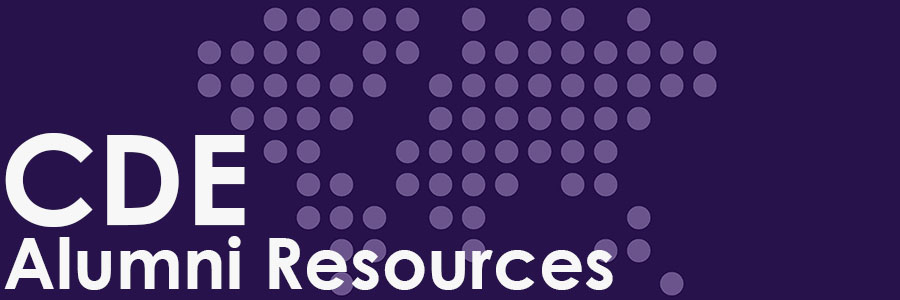Hosted by Fred Dews
Unsplash.com
Originally posted on September 19, 2018
Fred Dews interviews Brookings Foreign Policy Director Bruce Jones regarding how the state of security has changed over the past years and what the United Nations (UN) should be doing about it.
Jones bases his discussion off a report he helped write for Brookings entitled "Managing the New Threat Landscape: Adapting the Tools of International Peace and Security."
Dews and Jones discuss the increase in security over the past five years, noting that while claims of "peak violence" might be a little overblown, it is true that the frequency and intensity with which wars have been fought since 2012 has increased somewhat, mostly in the Middle East and in Syria, Yemen and Afghanistan in particular.
Jones also talks about the particular intractability of the Middle East because of its configuration of many countries' energy, security and domestic interests and the complexity of the geopolitical landscape inhibiting major powers from really trying to stop the wars, aiming instead to advance their own interests.
He also notes a worrying trend of major powers fighting "proxy wars," similar to the fatiguing battles with large losses of life that occurred during the Cold War. He points to Russia's involvement in Syria as one such example of the difference between a largely internal civil war and proxy conflict. While a civil war will typically drag in nearby powers and interests, an internal civil war can only continue for so long before resources are exhausted and both sides are forced to come to the table. With a foreign military giant providing technical assistance, weapons, funds and even personnel, though, "they can extend essentially indefinitely."
It's a wide-ranging discussion. Dews and Jones discuss Russia and its different motivations and opportunism in Crimea as opposed to Syria; China's growing military clout; the role of terrorism in global security; what artificial intelligence (AI) means for the future of warfare; and the ideal role for the UN (as a platform major powers can use to solve problems), among others.
Related Content:
Read online the executive summary of Jones's report on security at Brookings
Download the executive summary here.
Download the full report by Jones, Call, Toubolets and Fritz from September 2018: "Managing the New Threat Landscape: Adapting the Tools of International Peace and Security"
